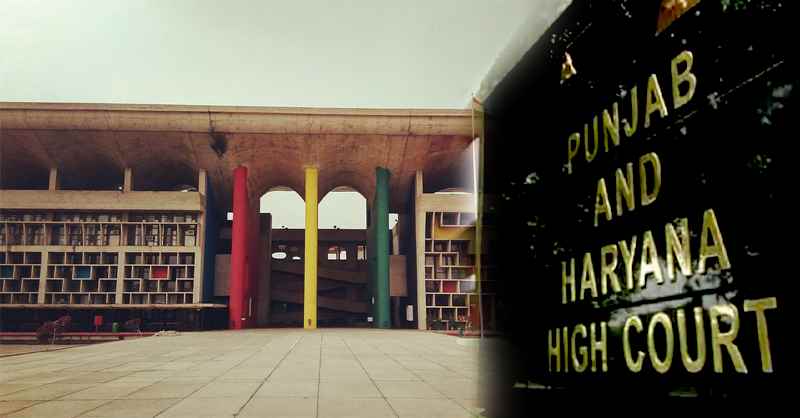The Punjab and Haryana High Court has issued a firm directive that no police investigation can proceed without the registration of an FIR. The judgment is being seen as a powerful reassertion of constitutional protections and a direct response to increasing reports of unauthorized preliminary inquiries by law enforcement agencies in the region.
Investigations Without FIR Declared Illegal
The High Court, led by Justice N.S. Shekhawat, ruled that any police inquiry conducted without an FIR violates legal principles and Supreme Court orders. The court warned that any violation of this directive would be treated as contempt of court and could lead to disciplinary action, including compensation to affected citizens.
The decision came after it was revealed during hearings that numerous investigations were being initiated across police stations in Punjab, Haryana, and Chandigarh without formally registering a complaint under Section 154 of the CrPC.
Court Cites Supreme Court’s Lalita Kumari Judgment
The court reinforced its view by citing the Supreme Court’s 2014 ruling in Lalita Kumari v. Government of Uttar Pradesh, which held that filing an FIR is mandatory if a complaint reveals a cognizable offence. The High Court reiterated that no inquiry process can begin unless an FIR is registered first.
FCRF x CERT-In Roll Out National Cyber Crisis Management Course to Prepare India’s Digital Defenders
In light of this, all previous investigations initiated without an FIR have now been ordered to stop immediately. The police departments of Punjab, Haryana, and Chandigarh have submitted formal affidavits stating compliance.
State Governments Ordered to Clear Backlog
The High Court also took note of thousands of pending complaints in these regions where no FIR had been registered but inquiries were underway. The Haryana government admitted to having 4,724 such cases, while the Punjab government committed to resolving all similar matters within 15 days.
U.T. (Chandigarh) administration reported that 1,959 complaints had been received, and 1,735 had already been resolved, with the remaining set to be cleared within a week. The court has asked DGPs of all three regions to ensure strict implementation of this ruling.
A Warning for the Future
The court signaled that it would continue to monitor such cases in the future. It stated that if any officer is found violating these directions, strong contempt action would follow. The bench made it clear that the judiciary’s role is not limited to procedural purity but also to upholding the dignity and fairness of justice.
Justice Shekhawat concluded that any deviation from this order would not only invite contempt but also bring institutional accountability under scrutiny. The court emphasized that constitutional safeguards must not be bypassed for the sake of expediency. This ruling is expected to bring much-needed clarity and reform in how complaints are handled by law enforcement. By reinforcing the mandatory nature of the FIR, the High Court seeks to restore the balance between police power and individual rights — a step welcomed by legal experts and civil society alike.



